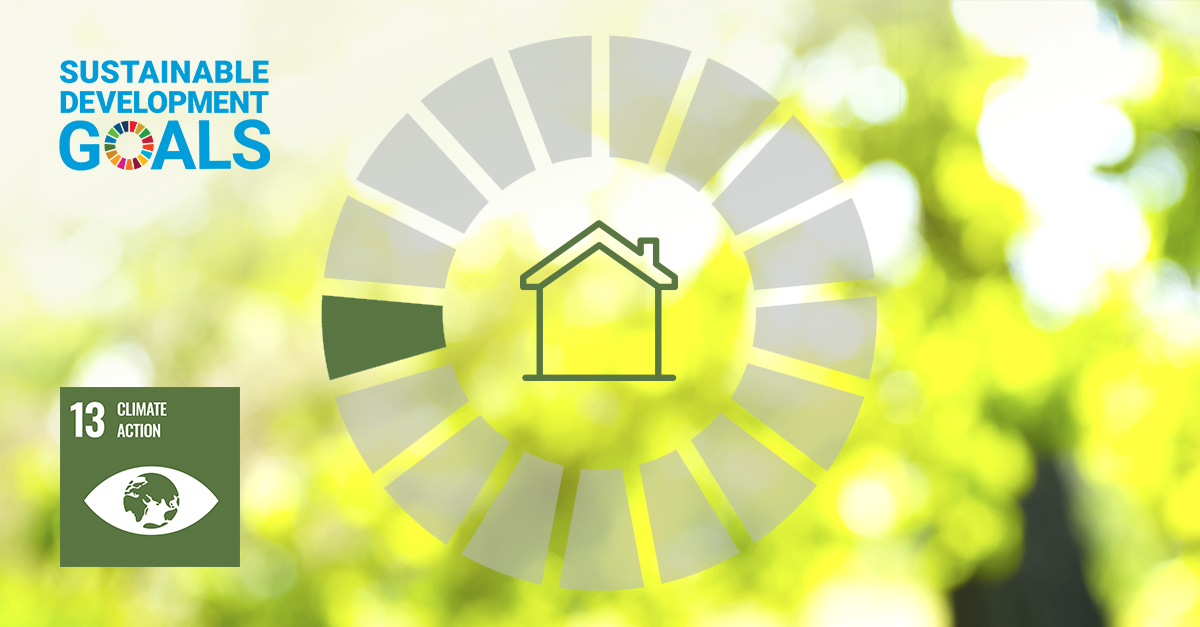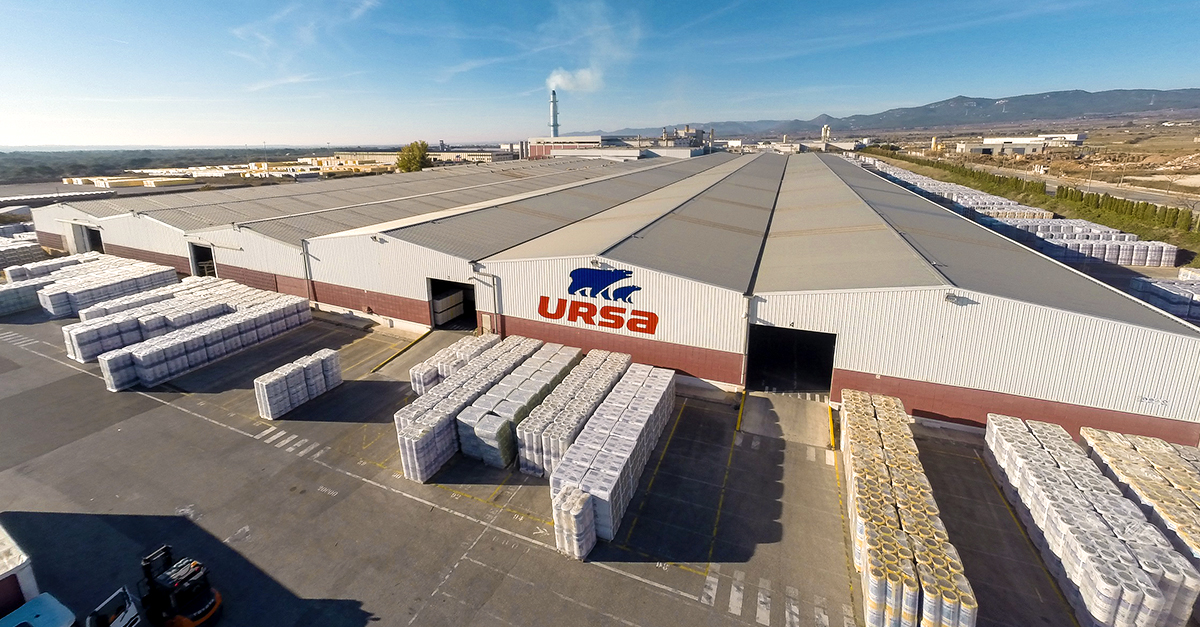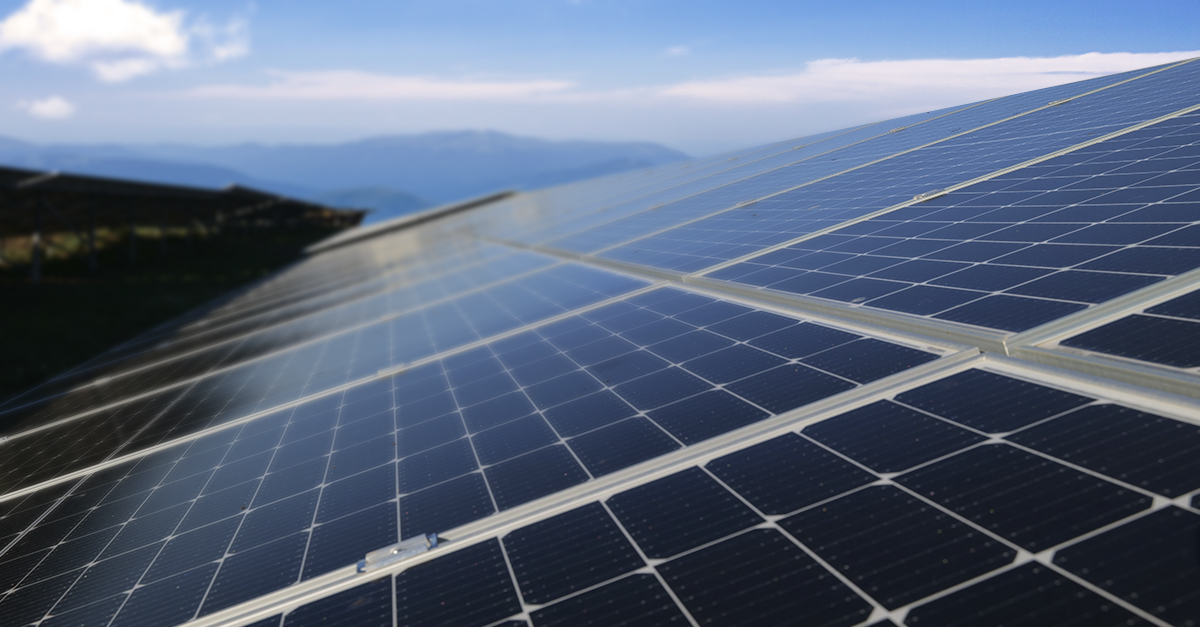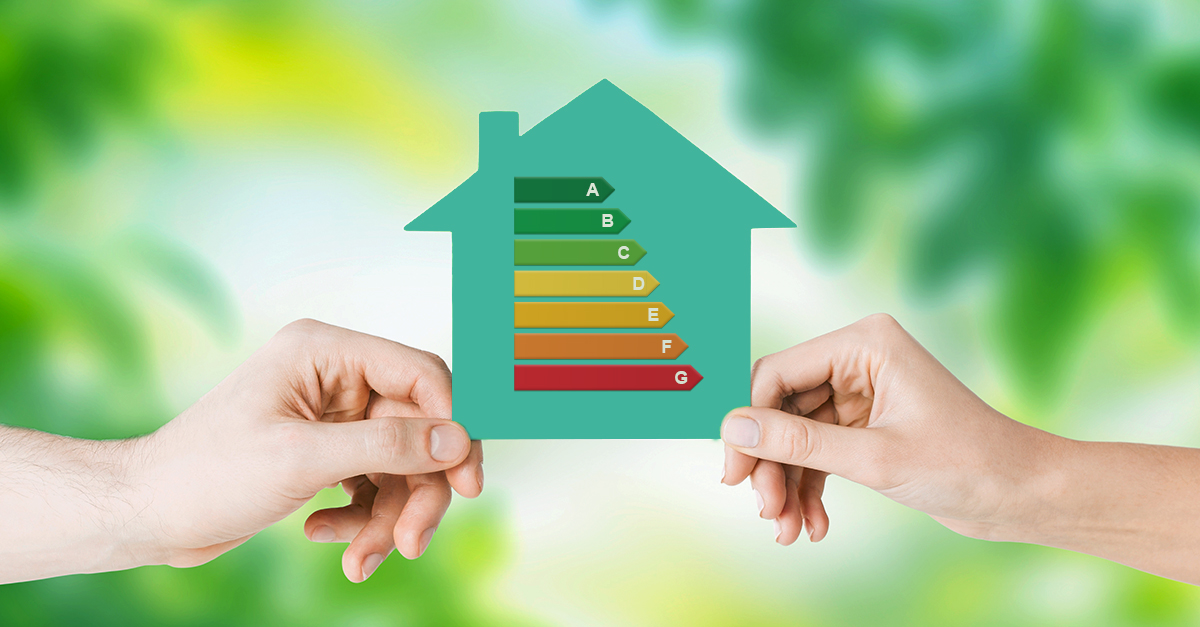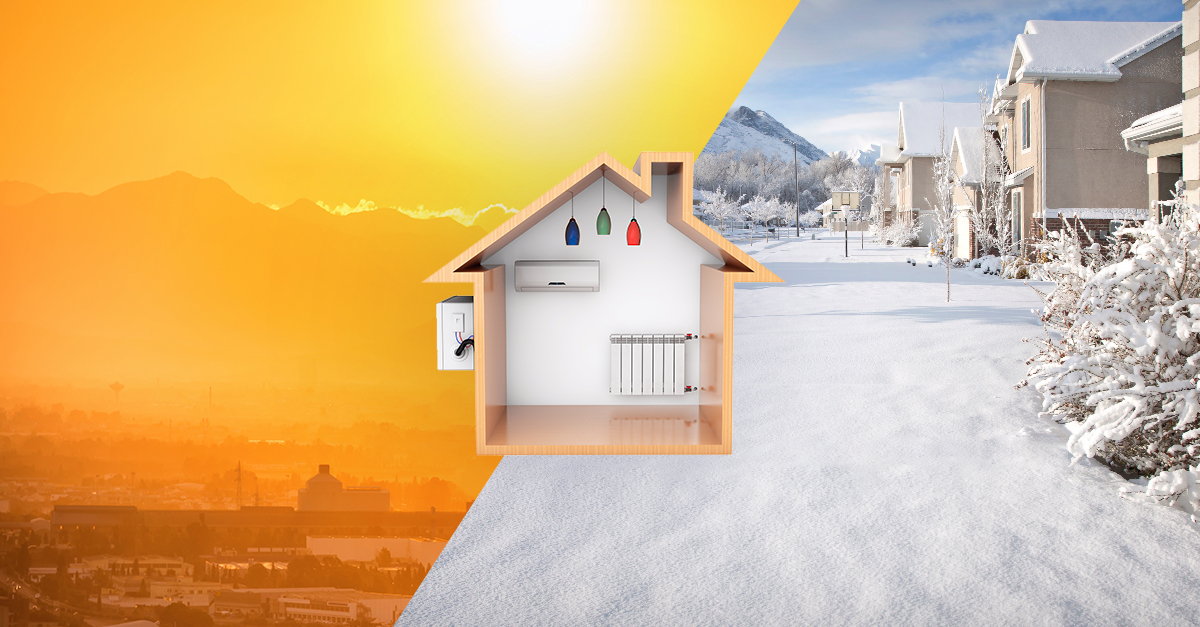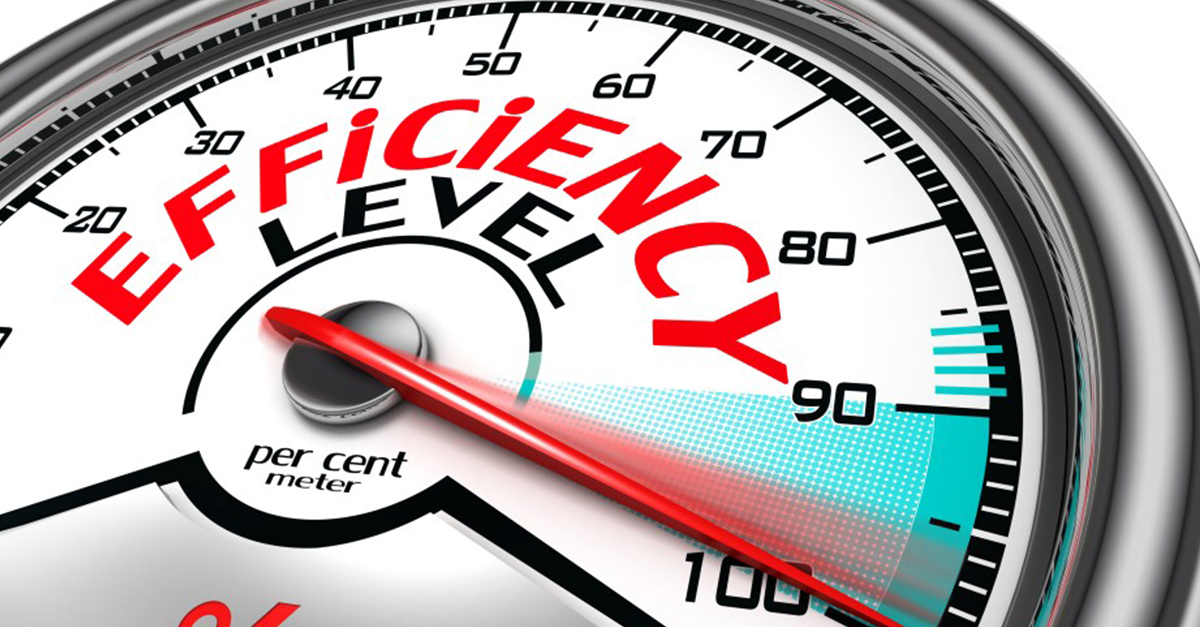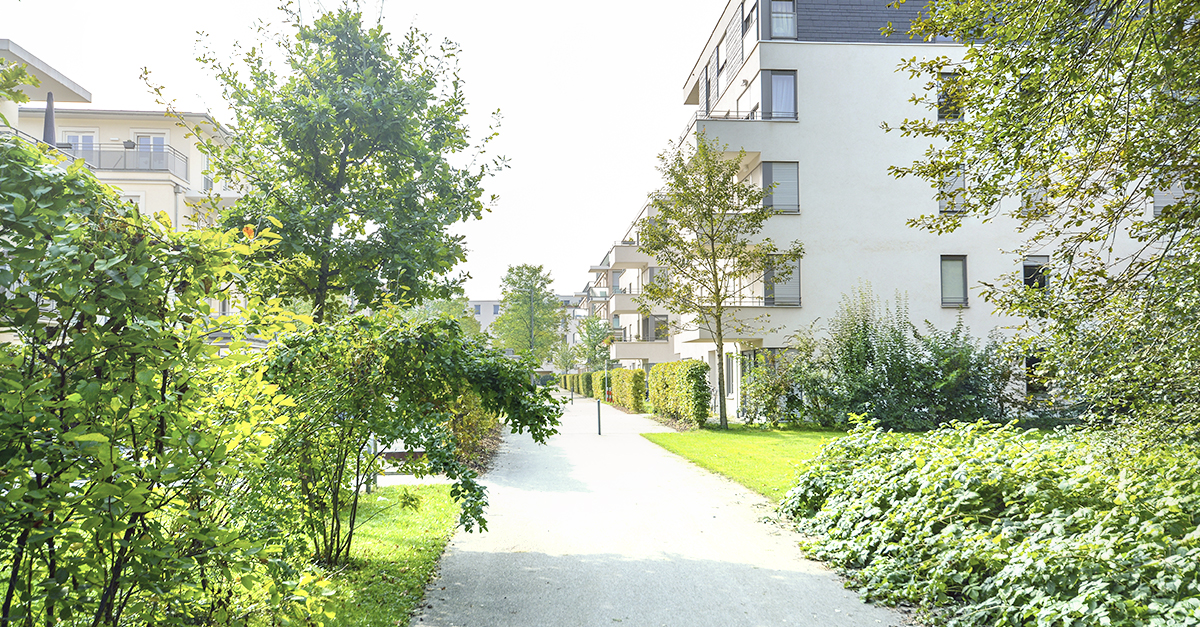Protect the climate and stimulate the economy with efficient support programs
At the heart of European climate and energy policy is the creation of structures for a secure, affordable and environmentally compatible energy supply. Given the consequences of the corona pandemic, Europe is also facing massive economic challenges, e.g. rising unemployment, declining economic output, a drastic slump in local business and income tax revenues, cancelled or postponed investments.
Share

We, therefore, should launch effective long-term support programs for energy-efficient insulation measures now, which will provide a sustainable impetus for an economic upturn in Europe and make a significant contribution to achieving European and national climate protection targets.
Promoting energy efficiency
The building sector accounts for about 40% of Germany's final energy consumption and about one-third of CO2 emissions. Since global energy consumption will continue to rise, and fossil fuels are finite, the main focus must be on increasing the energy efficiency of buildings. Then we would consume less energy and energy costs, and at the same time, CO2 emissions would fall. Also the dependence on support programs must lead to more investment already being made today in the renovation of existing buildings or the optimum exploitation of efficiency potential in private households and the public sector. In 2010, the goal was to have a building stock with extremely low energy requirements by 2050. This requires a renovation rate of at least 2%. As we have only been at around 1% over the last ten years, we now have to increase efforts to over 2.5% to achieve the targets.
The focus must be on a sustainable and long-term renovation with the emphasis on improving the energy efficiency of the building envelope. This is the essential prerequisite for achieving the full savings potential of a heating system and enabling the effective use of renewable energies.
1. Generate sustainable economic impetus
The figures show that an economic stimulus package for insulation measures would have a significant impact on all those involved in construction, but especially on small and medium-sized enterprises. Whether industrial companies, the logistics sector, specialist building material retailers, DIY stores, suppliers, planners and architects, specialist contractors - a large number of domestic sectors are involved. The right funding levers could provide sustainable impetus and secure long-term demand, safe and create orders and consequently jobs in Germany - for the greatest possible social and macroeconomic benefit.
One example: in 2016, there were approximately 400,000 jobs in Germany in the area of construction work on the building envelope. Increasing the rate of modernisation and investment in the building envelope could create 200,000 new jobs subject to social insurance contributions (source: FIW Munich).
Therefore, the federal and state governments must now:
- activate private and public investments in modernisation and new construction,
- initiate fiscal improvements,
- upgrade & simplify already established support programs, e.g. KfW
- improve support for rented and owner-occupied residential and non-residential buildings through direct subsidies
2. Reduce the financial burden of private tenants and property owners
Since an increase in energy prices and thus in heating bills in the future will take place, the energy quality of buildings, especially the building envelope, is of great importance. Comprehensive insulation measures help to reduce the energy consumption of buildings and thus also ancillary rental costs. The European Commission estimates that energy efficiency measures in buildings could lead to savings of around 600 euros per year and household. At the same time, these measures will lead to more comfortable living in summer and winter.
This is in the interest of tenants and owner-occupiers. Ultimately, however, the owner must invest in the property. For him, incentives must be created to do so, e.g. through tax incentives, subsidies or a premium system in times of weak economic activity. Whether you are an owner-occupier or a landlord, you can feel a well-insulated building envelope in your wallet and have done something to boost the value of your property.
Conclusion
We can achieve challenging ecological and economic goals, but to do so, both politics and business must pull together. Each country must now also set the legal course for this and launch the corresponding economic stimulus programs. The programs must trigger sustainable investment, only then will we be able to emerge more robust and more competitive.
This article was originally published on LinkedIn in May 2020.
Share
Categories
Lastest news
Tags
- Accelerate Renovation
- Building Renovation
- Certification
- Circular Economy
- circulareconomy
- Climate change
- CO2 Reduction
- Comfort
- Deep renovation
- Descarbonization
- Diversity
- Energy efficiency
- Environment
- EPBD
- Equality
- ESG
- ETEX Group
- Eurima
- Green Deal
- Healthy Buildings
- Healthy homes
- Indoor air quality
- Industry
- innovation
- InspiringWaysOfLiving
- Insulation
- InternationalWomensDay
- LCA
- Mineral wool
- PrioritisePeople
- Recycle
- renewable energy
- Renovation Wave
- reuse
- Safe homes
- Safe life
- Safe work
- Safety
- Save
- Solidarity
- Sustainability
- Thermal insulation
- UN Sustainable Development Goals
- United Nations Global Compact
- UnitedToInspire
- URSA
- Ventilation
- waste
- We are URSA
- We are Xella
- Women
- WorldPolarBearDay
- Xella Group









